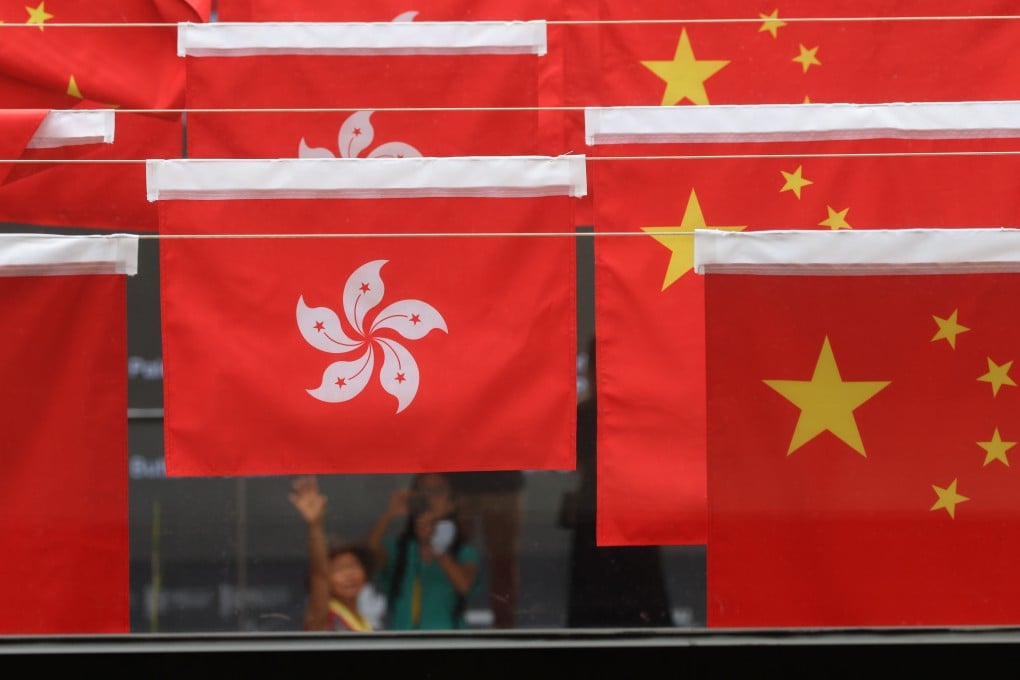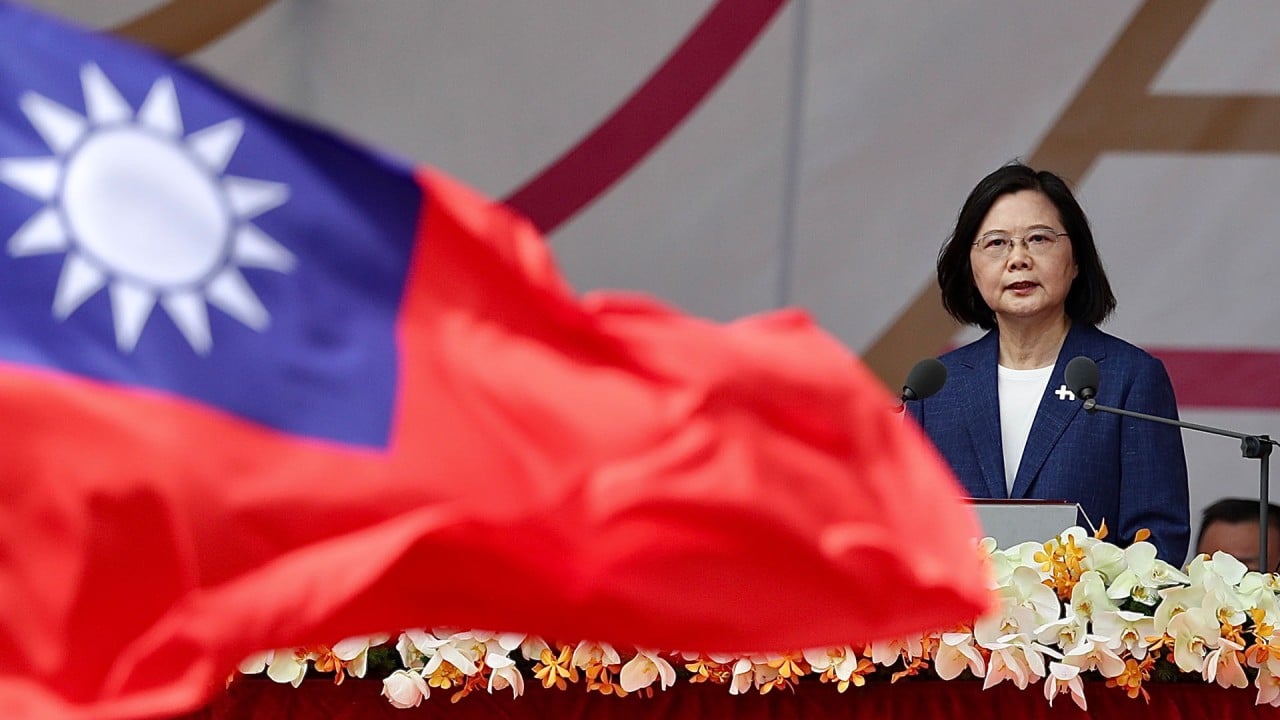City Beat | What does Hong Kong’s experience with ‘one country, two systems’ really mean for Taiwan?
- Unique governing formula will mean ‘stick’ as well as ‘carrot’ if Beijing’s sovereignty is not recognised
- The telling story of Hong Kong is that one country, or ‘one China’ prevails, like it or not

When China’s late paramount leader, Deng Xiaoping, came up with his creative idea of “one country, two systems” more than four decades ago for governing postcolonial Hong Kong, he had a bigger picture in mind: this special formula should apply to Taiwan some day for eventual reunification.
While Deng did not have a clear timeline, generations of Chinese leaders from Mao Zedong to President Xi Jinping share this common goal. And Xi has gone a step further than his predecessors to make it clear that reunification is “mission achievable” now.
Does that mean Beijing will take back Taiwan any time soon? How?
These are the billion-dollar questions as tensions continue to escalate across the Taiwan Strait and the world watches with growing anxiety. The sense of danger is palpable, with a record number of People’s Liberation Army fighter jets recently flying over Taiwan’s air defence identification zone and the island ramping up its military deployment.
Interestingly enough, though, a recent poll on the island suggested that most Taiwanese people were not worried about an imminent attack.

02:23
Taiwanese President Tsai Ing-wen says island 'will not bow' to mainland China
If President Xi’s latest speech is any indication, the possibility of direct military clashes still looks unlikely. In commemorating the 1911 revolution led by Sun Yat Sen, founding father of modern China, Xi reiterated that the one country, two systems formula was still Beijing’s “fundamental principle” towards Taiwan. Xi also stated that peaceful reunification was in the best interest of the entire nation and all Chinese people.

